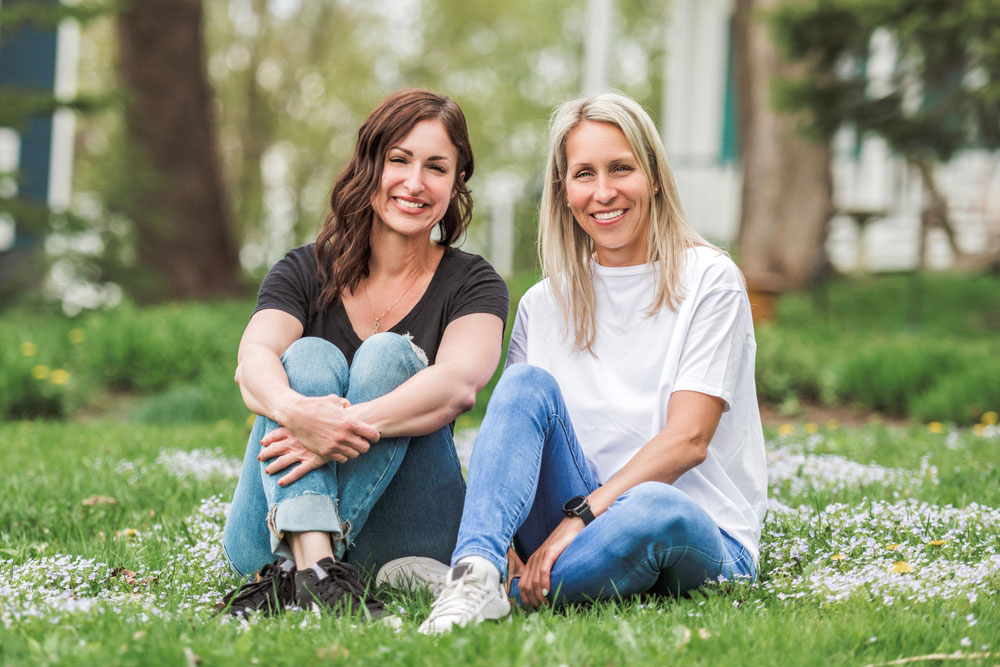Loving someone with a substance addiction is often a challenging and heart-wrenching experience. While you may feel helpless at times, there are effective ways to support your loved one on their quest for recovery without enabling destructive behaviors.
1. Educate Yourself
The first step in supporting someone with an addiction is understanding that they have a chronic brain disease. Research the effects of the substance she uses and familiarize yourself with modern treatment options and therapeutic approaches. Doing your homework will prepare you to share valuable information, which will be invaluable if they agree to start a professional treatment program.
2. Be Compassionate
Women struggling with addiction often carry a heavy burden of guilt about their behavior. Further weighing them down with extra shame or blame is counterproductive and harmful. Instead, offer a listening ear and reassure your loved one that you will always be there when she needs to talk.
3. Understand the Difference Between Helping and Enabling
One of the most complex aspects of supporting someone in active addiction is recognizing the line between helping and enabling. Enabling by lending money, making excuses for her behavior, or shielding her from the consequences of their actions can inadvertently prolong the downward spiral by reducing the incentive for change. Instead, you should encourage her to take responsibility for her recovery by working through complex emotions in group and individual therapy.
4. Make Lifestyle Changes
People in early recovery tend to be emotionally vulnerable after completing their initial treatment. If you share a living space with the person, you should make it a substance-free zone. If not, respect her boundaries and invite her to join you for activities that do not involve drugs or alcohol. Remember, various triggers could cause a relapse – a setback that could make your loved one’s progress significantly more challenging.
5. Don’t Neglect Self-Care
Loving someone with an addiction can take a significant emotional toll. Prioritize your mental and emotional well-being by seeking help for yourself. Take mental health days, find a qualified therapist, and consider joining a group like Al-Anon, where you can connect with others who understand something of what you’re going through.
A Strong, Stable Sisterhood
Having a close friend or family member with a chronic illness brings many ups and downs, but you can find the inner resolve to make a meaningful difference for someone near and dear to you. Be a positive influence by embracing compassion and respecting your loved one’s needs.
The Pearl has created a sisterhood rooted in shared experiences, struggles, and triumphs. Every client who joins our community feels seen, heard, and understood. Contact our admissions team today to learn more about finding the help you need for yourself or a person you care for.




